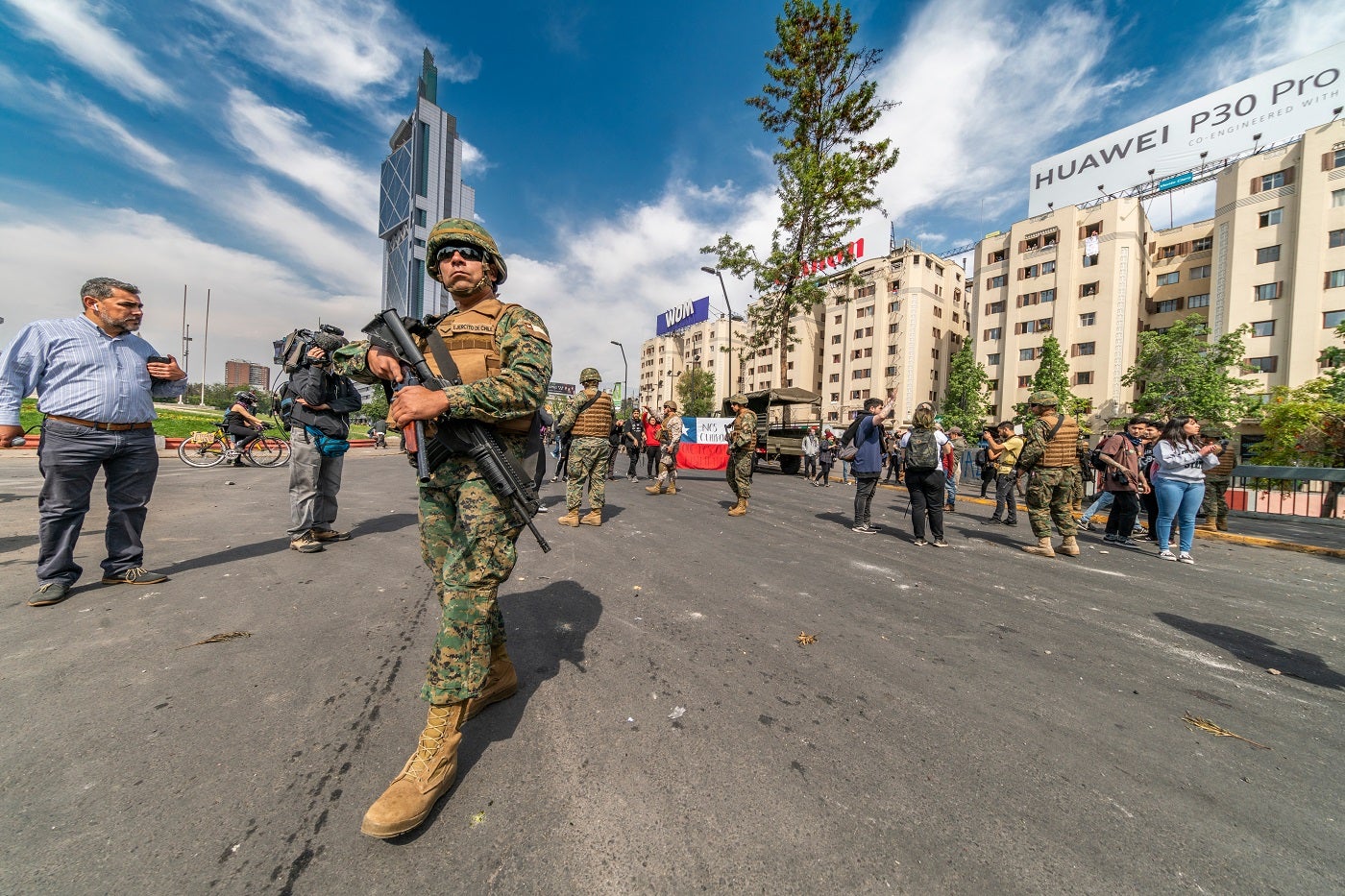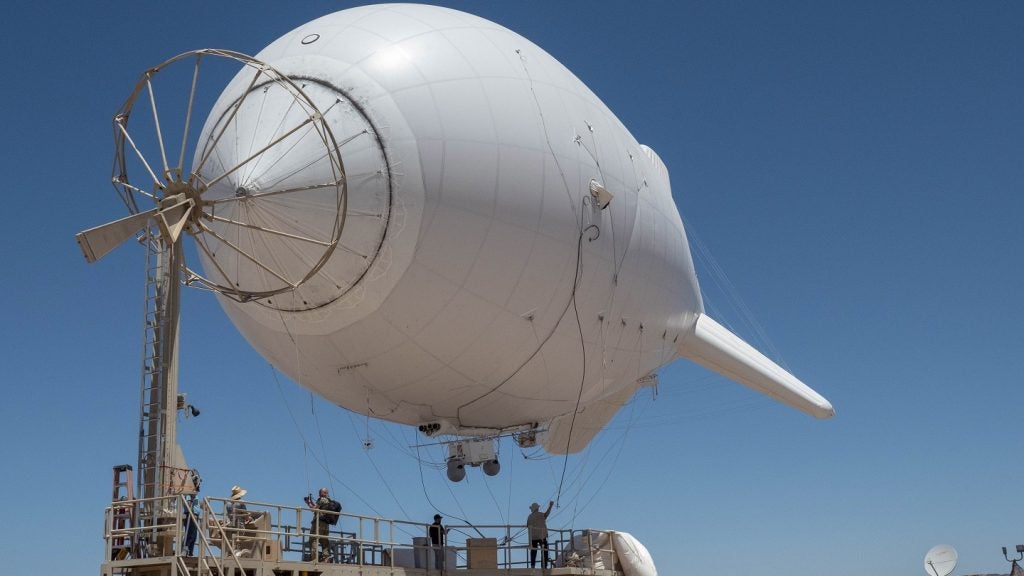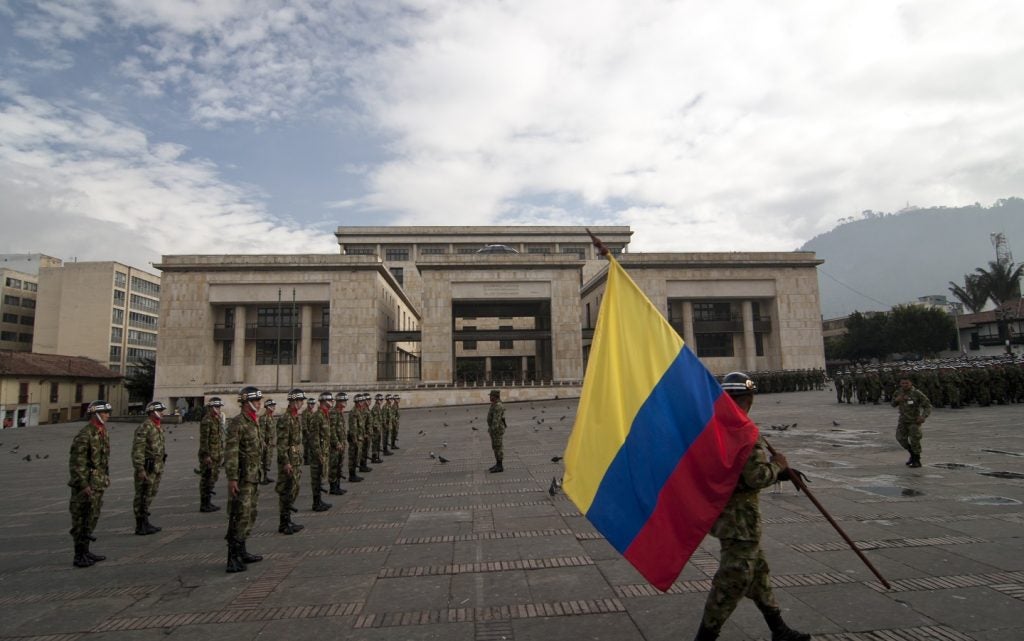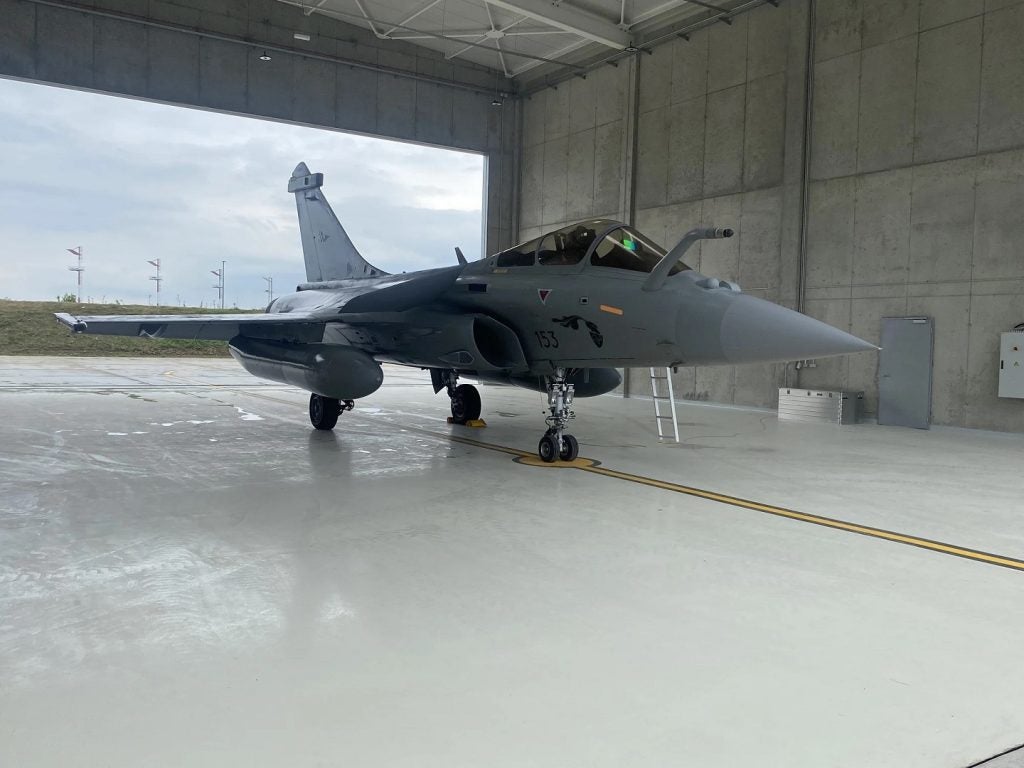
Chile’s defence budget, hampered by economic challenges and the pandemic, is projected to rebound and reach $2.6bn (17bn pesos) by 2028.
With the election of President Gabriel Boric and improved economic conditions, the country’s Navy, Air Force, and Army are expected to witness increased spending, embracing modernisation and strengthening strategic alliances.
Stabilising defence budget
Chile’s defence budget has experienced a turbulent journey in recent years. GlobalData’s “Chile Defense Market 2023-2028” report highlights the fluctuations, with the budget peaking at $2.5bn in 2019 and declining to $2.2bn in 2020 due to Covid-19 and the repeal of the Copper Laws.
However, with the election of President Gabriel Boric and economic recovery, the defence budget is set to stabilise and grow, reaching $2.6bn by 2028.
Driving factors of defence expenditure
Various key factors influence the rise in defence spending. Firstly, Chile is actively committed to peacekeeping missions and humanitarian efforts, necessitating a modern and effective military. Additionally, the country faces internal security threats and territorial disputes, reinforcing the importance of maintaining a strong defence force.
Modernisation efforts to replace ageing equipment, including submarines, amphibious ships, and UAVs, also increase spending.
How well do you really know your competitors?
Access the most comprehensive Company Profiles on the market, powered by GlobalData. Save hours of research. Gain competitive edge.

Thank you!
Your download email will arrive shortly
Not ready to buy yet? Download a free sample
We are confident about the unique quality of our Company Profiles. However, we want you to make the most beneficial decision for your business, so we offer a free sample that you can download by submitting the below form
By GlobalDataStrategic alliances and geopolitical impact
Chile’s defence strategy involves forging strategic alliances with international organisations such as the UN and regional entities like the Organization of American States (OAS) and the Pacific Alliance.
The country’s relations with major players like the EU, China, and the United States further influence defence decisions and acquisitions, fostering cooperation and technological exchange. Chile and Spain recently explored new areas of collaboration in the cyber defence and defence industry this year.
Challenges and opportunities
Chile’s defence sector faces challenges and opportunities amidst political and economic changes. The recent repeal of the Copper Laws and the election of President Gabriel Boric presents a turning point for reforms in defence funding and procurement processes.
Challenges include limited coordination between the government and armed forces in procurement decisions, which the repeal of Copper Laws seeks to address by centralising decision-making.
Focus on modernisation
Chile’s defence market focuses on modernisation across its Navy, Air Force, and Army. Investments in submarine capabilities, naval logistics, and military transport vessels are underway, with the Chilean Navy leading efforts to strengthen maritime capabilities. The Air Force’s potential acquisition of the C-390 Millennium aircraft showcases the commitment to enhancing aerial capacities.
Chile’s defence market is poised for growth, driven by political stability, economic recovery, and modernisation initiatives. The Navy, Air Force, and Army are set to benefit from increased defence spending, enabling them to strengthen their capabilities and play an active role in international peacekeeping missions and humanitarian efforts.
Strategic alliances and geopolitical considerations will continue influencing Chile’s defence landscape, providing opportunities for investors and industry stakeholders in the evolving market.






